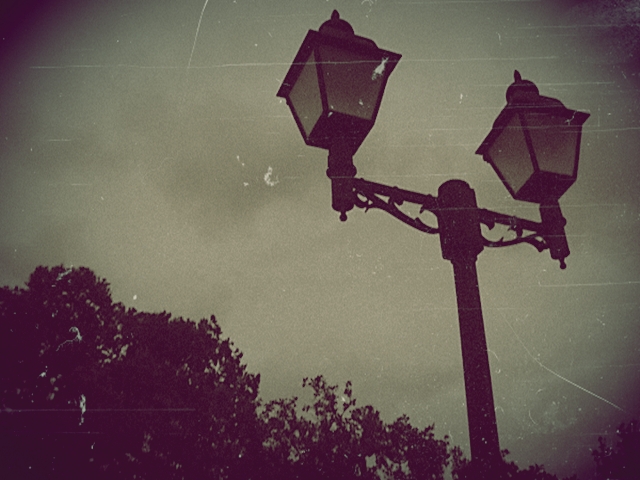Reading England 2016 - Recap
When I joined this challenge a year ago, I had every intention of branching out and reading books from multiple counties. As it turns out, I stayed in familiar territory and read London for all three books (Level 1).
The Mint was a fitting sequel to Seven Pillars of Wisdom. For some reason I went into it expecting a novel, but it's actually a journal-like memoir of T. E. Lawrence's peacetime experiences in the military. After his campaigns as "Lawrence of Arabia" - and, as importantly, after his attempts to deal with politicians - T.E. was sick of being a leader and wanted to disappear from the public eye. He joined the service under an assumed name, and that is where he found a place of security and camaraderie, the R.A.F. The Mint is a coarse novel, written in a modern voice (for the times) and full of all the profanities and vulgarity that Lawrence encountered around him. I found myself unable to rate the book, because it came across as an honest, unidealized portrait of reality - and how can you rate that? Read the last chapter, if nothing else. I feel like it is the real ending to Seven Pillars.
Counties: London (RAF Uxbridge), and bonus: Lincolnshire (RAF Cranwell)
 |
| A lamppost at the Istana in Singapore by Finn Perez [CC BY 2.0], via Wikimedia Commons |
Counties: A rather whimsical London.
A number of books this year were favorable surprises - The Picture of Dorian Gray being one of the most surprising. I didn't know, for example, that this novel was written for the same magazine as Conan Doyle's The Sign of the Four. A comparison of the two stories would be interesting in itself. I noticed that drugs feature heavily in both plots and, sadly, for both protagonists.
I went into this book with a couple of misconceptions, one of which was that Dorian Gray wants always to look young. This is only half of it, however. He also wants to look innocent. "He had always the look of one who had kept himself unspotted from the world."
At the Anglican church I attend, the priest gives you a blessing on your birthday. These are the words, from the 1928 Book of Common Prayer (quoting, for that line, James 1:27):
Watch over thy child, O Lord, as his days increase; bless and guide him wherever he may be, keeping him unspotted from the world. Strengthen him when he stands; comfort him when discouraged or sorrowful; raise him up if he fall; and in his heart may thy peace which passeth understanding abide all the days of his life; through Jesus Christ our Lord. Amen.Wilde's first readers would have instantly caught this reference, and I can tell you, this line makes it all the more tragic to read what happens to Dorian, or rather, what he does to himself. It goes both ways. He is preyed upon - emotionally and probably physically - by an older, cynical man, and he embraces it. He reads a book that he knows is a negative influence on him, and he doesn't stop.
For years, Dorian Gray could not free himself from the influence of this book. Or perhaps it would be more accurate to say that he never sought to free himself from it.I didn't love The Picture of Dorian Gray. It is too relateable to be comfortable. I can't say I haven't been selfish, hurting someone in the process. I know I've read a book, or watched a movie, or listened to a song that left me worse off than before. And only recently, I've looked at pictures of myself from a few years back and felt disappointed by the changes. I was half-expecting this novel to be some kind of subtle glorification of youth; it's anything but that.
Though I wouldn't necessarily recommend this novel to everyone, it was a worthwhile read for me, particularly at this time. (For the topic, it was more poignant than Strange Case of Dr. Jekyll and Mr. Hyde.) 4 out of 5 stars.
Counties: London
Lawrence's London is something of a sprawling, safe haven, where he can dissolve back into humanity and still, sometimes, see glimmers of his illustrious yet painful past. Chesterton's London is the London of Americans' dream - a romantically gloomy, lamppost-lit cityscape where a savvy, well-dressed gentleman is on a mission probably involving hansom cabs. Wilde's London is a grim facade where something hideous is lurking behind an elegant society. It's fascinating how one location can look so different from the viewpoint of different novels.
Thanks, o, for hosting this challenge!





Comments